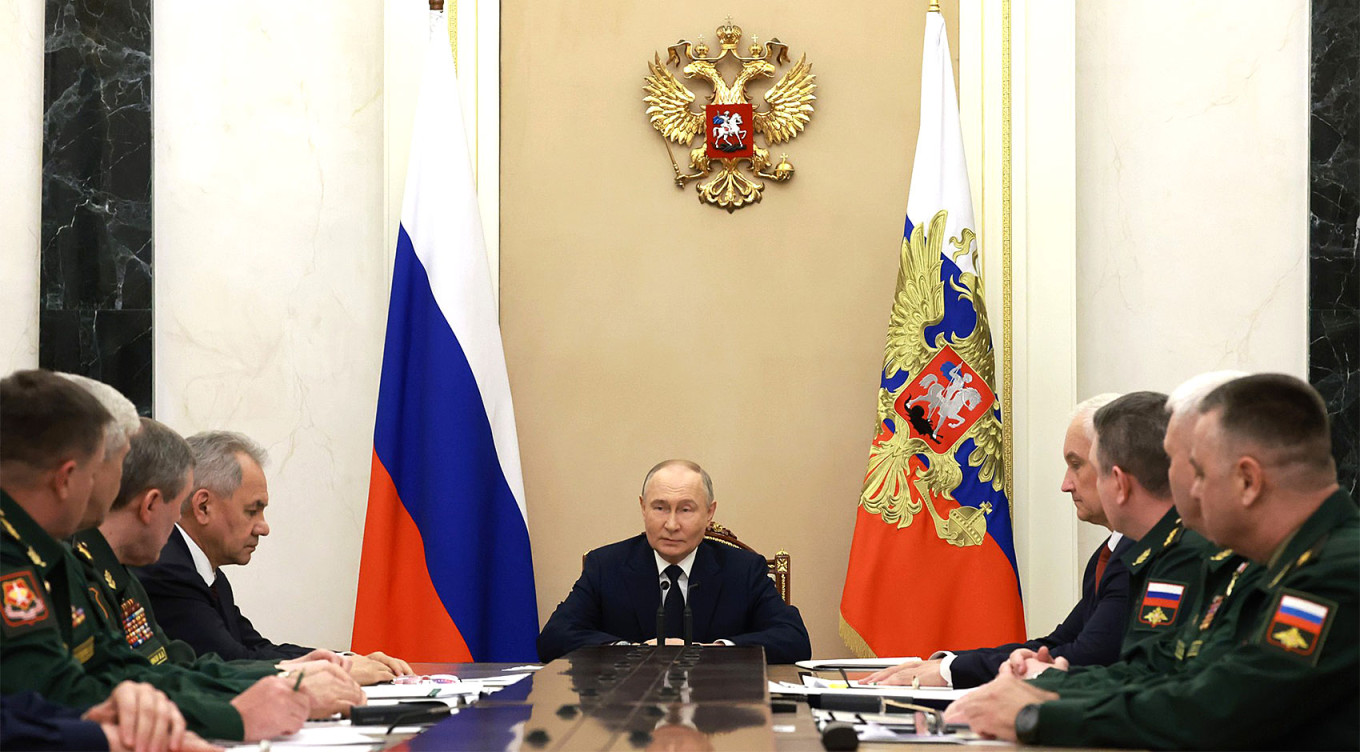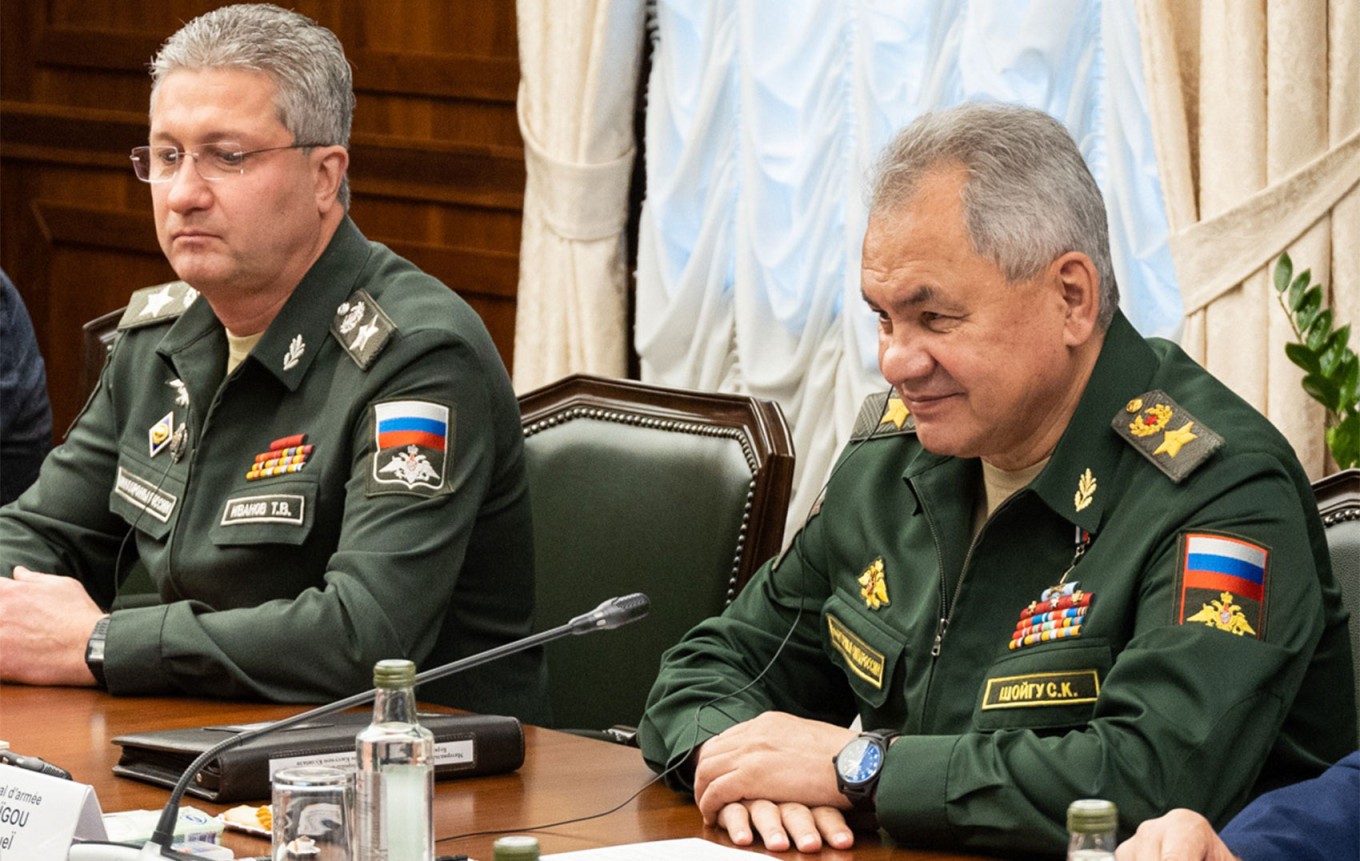Recent arrests of high-ranking Russian military officers signal the onset of a sweeping purge by the security services, with more anticipated in the coming months, according to Russian government officials and sources close to the Kremlin and the Defense Ministry, as reported by The Moscow Times.
Ostensibly aimed at rooting out military corruption, the Federal Security Service (FSB) is targeting top generals in connection with the 2022 invasion of Ukraine, seeking to shift blame onto the military leadership and assert control over the army’s budget distribution, reportedly with tacit approval from the Kremlin.

The ongoing crackdown has rattled the military establishment and risks destabilizing the army precisely when Moscow aims to exploit Ukrainian vulnerabilities. Sources, speaking on condition of anonymity, revealed that the purge reflects a power struggle between the FSB and the Defense Ministry, with the former vying for President Vladimir Putin’s favor.
While the arrests ostensibly target corruption, skeptics view them as politically motivated, particularly following the recent ouster of longtime defense chief Sergei Shoigu. Four high-ranking officers have been arrested, with indications that more will follow, potentially making this the largest purge in modern Russian history.
Despite official claims of combating corruption, critics argue that the arrests serve political agendas rather than genuine anti-corruption efforts. The timing, coinciding with Shoigu’s removal, suggests a calculated move to consolidate power within the security apparatus.
The Kremlin’s defense of the arrests as part of routine anti-corruption measures contrasts with long-standing reports of military graft. Observers note that investigations into corruption within the military were reportedly stifled under Shoigu’s tenure, highlighting a selective approach to combating corruption.
The FSB’s ascendancy in the power struggle, underscored by recent personnel changes, signals a shift in the balance of power within Russia’s security apparatus. With the FSB potentially gaining influence and control over key budget allocations, the repercussions extend beyond the military realm.

Amidst geopolitical tensions and Russia’s ongoing military operations, questions linger over the impact of the purge on the country’s war effort. However, sources suggest that concerns over military effectiveness may take a backseat to internal power dynamics, emphasizing the political nature of the ongoing crackdown.
